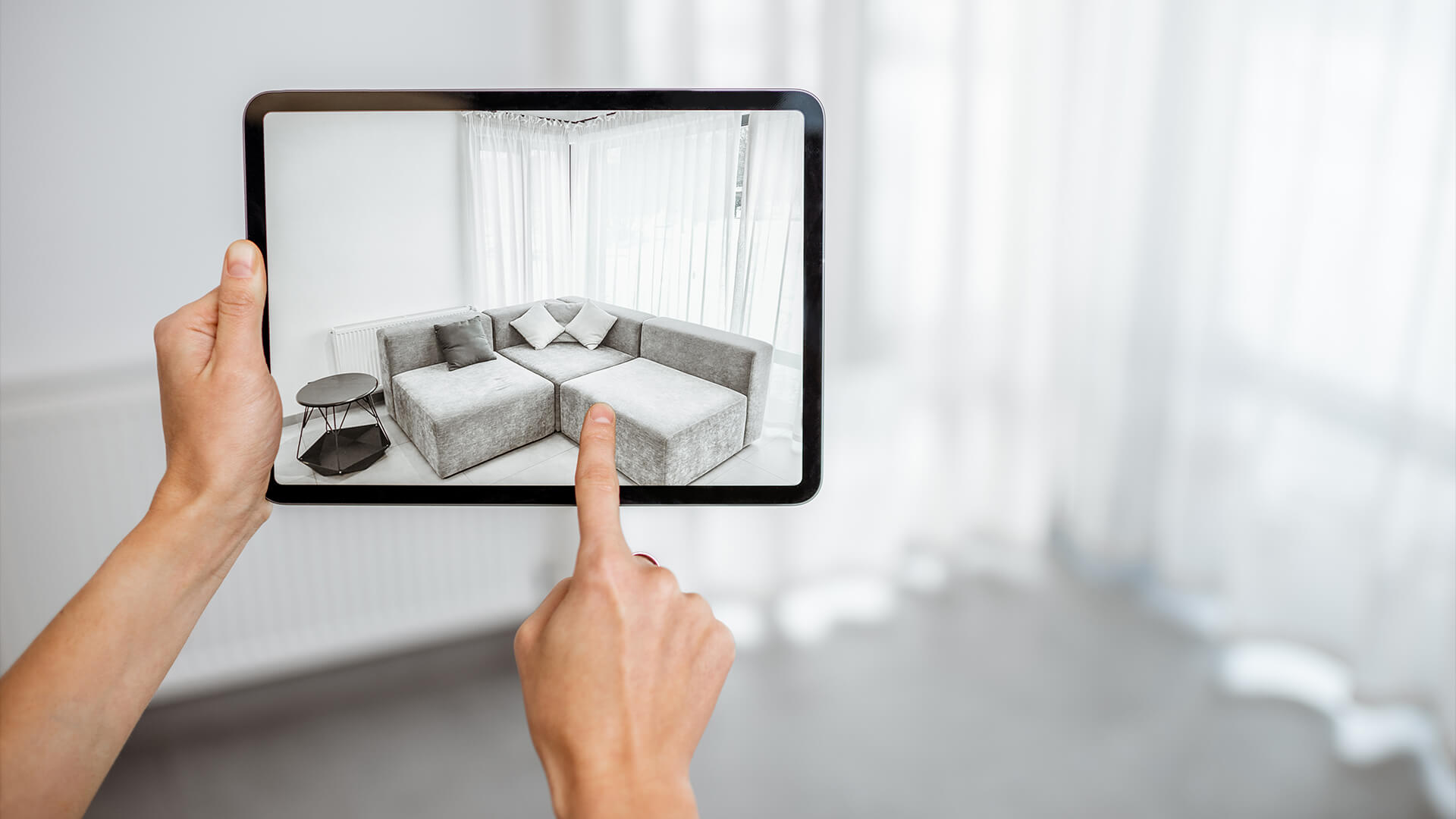The use of virtual and augmented reality has become increasingly popular in the hospitality industry, particularly in hotel booking and marketing. These technologies offer unique and innovative ways to showcase hotel properties, amenities, and services, providing guests with a more immersive experience. In this article, we will explore the integration of virtual and augmented reality in hotel booking and marketing and how it impacts hotel bookings.
What is Virtual and Augmented Reality?
Virtual Reality (VR) is a computer-generated simulation that immerses users in a virtual environment. This technology allows users to experience a 360-degree view of a location, enabling them to explore it as if they were actually there.
Augmented Reality (AR), on the other hand, overlays digital information onto the real world, providing users with an interactive experience. This technology uses a device’s camera to superimpose virtual elements onto the user’s view of the real world.
Integration in Hotel Booking and Marketing
The integration of virtual and augmented reality in hotel booking and marketing offers several benefits to hotels. These technologies can provide potential guests with an immersive experience that can help them make informed decisions when booking a hotel.
Hotels can use VR to create a virtual tour of their property, showcasing the rooms, amenities, and facilities. This can give guests a better understanding of what to expect during their stay, and it can help them visualize the hotel’s layout and design.
AR can be used in a variety of ways, such as providing guests with interactive maps of the hotel or local area. This can help guests navigate the property or find nearby attractions or restaurants. AR can also be used in marketing campaigns, allowing potential guests to experience the hotel’s amenities and services in a more interactive way.
Impact on Hotel Bookings
The integration of virtual and augmented reality in hotel booking and marketing has had a significant impact on the hospitality industry. These technologies can help hotels differentiate themselves from their competitors and provide a more personalized experience for their guests.
By providing potential guests with an immersive experience, hotels can showcase their properties in a more engaging and interactive way. This can increase the likelihood of a guest booking a room, as they will have a better understanding of what to expect during their stay.
Virtual and augmented reality can also help hotels reduce the number of cancellations or complaints due to incorrect expectations. By providing guests with a more accurate view of the property, they can make more informed decisions when booking a room.
Finally, these technologies can also help hotels attract a younger and more tech-savvy demographic. Millennials and Gen Z are particularly interested in innovative and immersive experiences, and the integration of virtual and augmented reality can help hotels appeal to these guests.
Conclusion
The integration of virtual and augmented reality in hotel booking and marketing offers unique and innovative ways for hotels to showcase their properties and provide an immersive experience for guests. By providing potential guests with a more accurate view of the property, hotels can increase the likelihood of a booking and reduce cancellations or complaints. As the hospitality industry continues to evolve, hotels must find ways to differentiate themselves and provide a personalized experience for their guests, and the integration of virtual and augmented reality can help them achieve these goals.


0 Comment